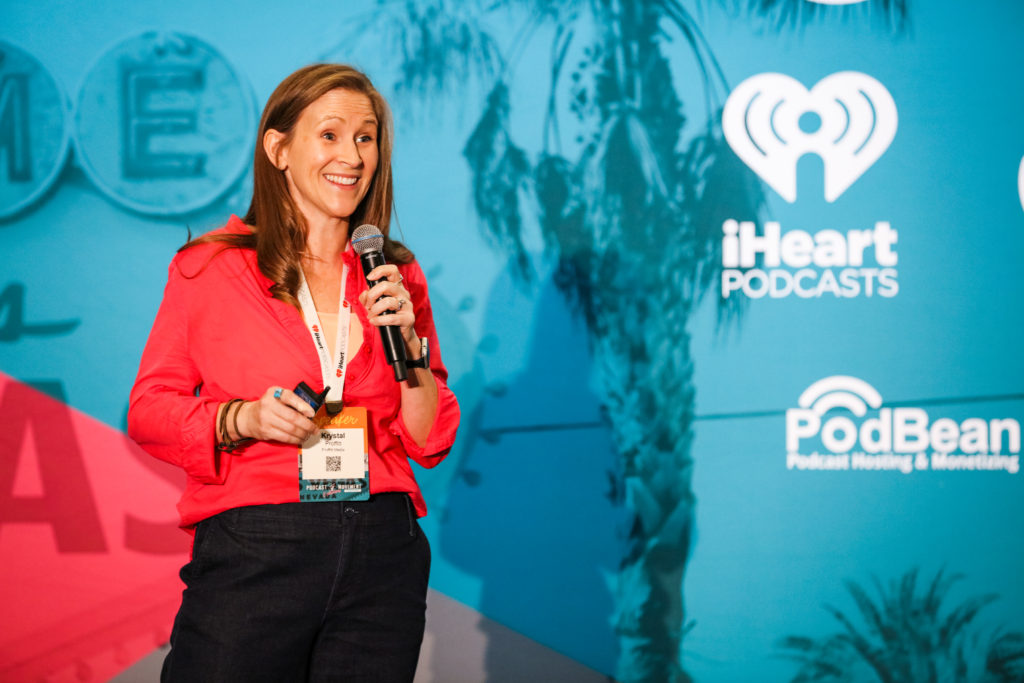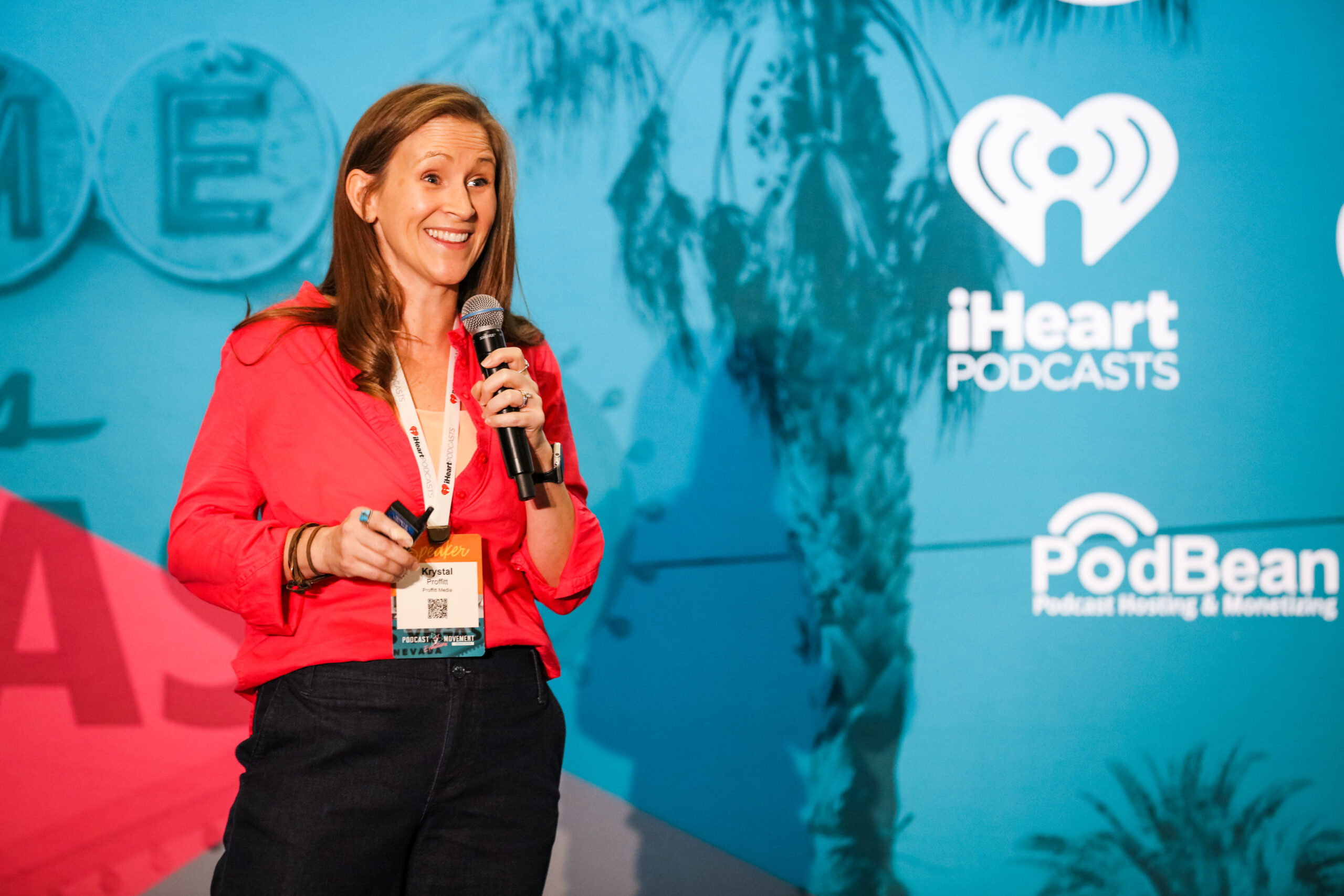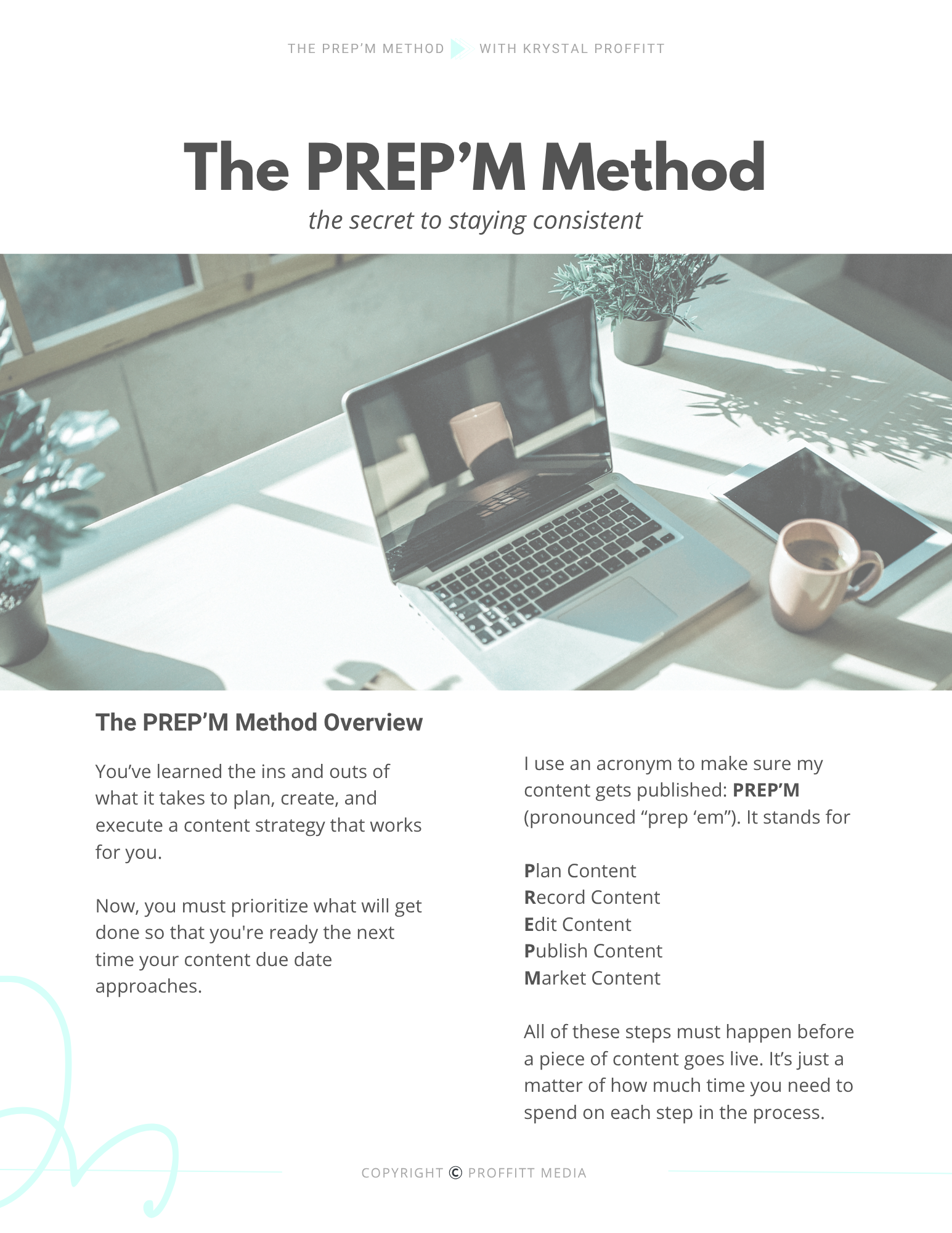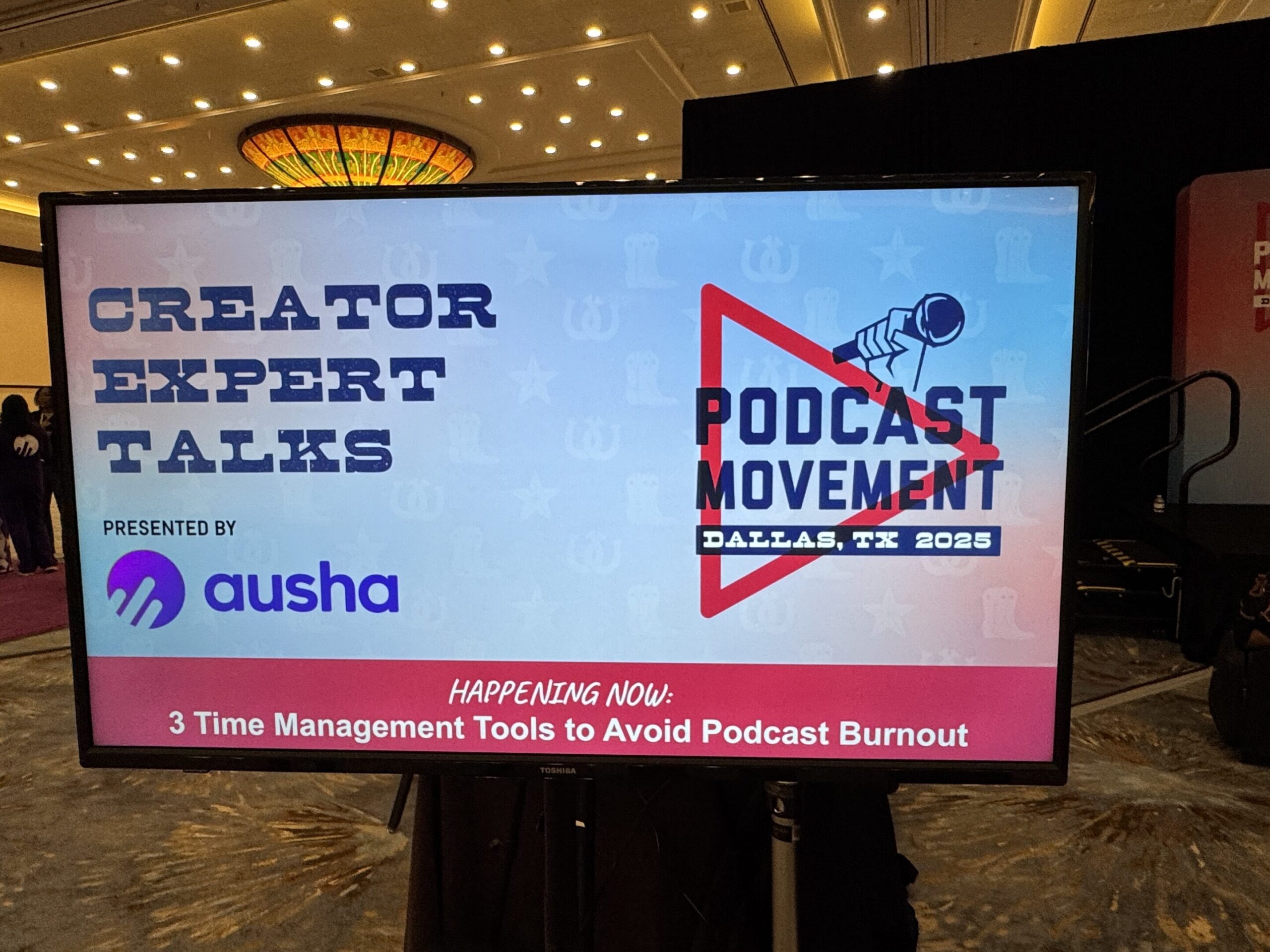How to Prepare for a Conference Presentation as a Speaker
Episode 521
Why Preparation Matters More Than Pretty Slides
Behind every polished conference presentation lies hours of meticulous preparation—a process most audience members never see. As I prepare for my upcoming talk at Podcast Movement 2025 on tools to help creators avoid burnout, I wanted to pull back the curtain and share the intentional process that transforms a concept into a compelling presentation.
Most speakers fall into the trap of starting with slide design. I’ve been guilty of this too—jumping straight into Canva because it’s the fun, creative part. But this approach is like spending all day at a water park without packing sunscreen, snacks, or water—you’ll end up burned, hungry, and unprepared. I’ve learned the hard way that planning must come first, which is why I’m approaching this presentation differently.
Building a Presentation Timeline With Clear Milestones
The foundation of any great talk is a well-structured timeline with clear milestones. For my Podcast Movement presentation, I’ve allocated specific time periods for outlining the talk, creating slides, developing key talking points, and—most crucially—practicing.
I’m giving myself a full two weeks of daily practice—speaking the words aloud, not just reviewing them mentally. This intensive practice regimen was the “secret sauce” behind my previous successful Podcast Movement talk, where I walked off stage feeling I had truly nailed it. When you think about how to prepare for a conference presentation, the timeline is everything!

Outlining for Flow, Not Just Facts
The outline phase is where I’ve invested significant effort this time. I’ve created a detailed, slide-by-slide plan that includes not just content but also visual cues and—perhaps most importantly—transition text.
Transitions between sections have always been my weakness as a speaker. They’re the difference between a disjointed series of good points and a cohesive, flowing narrative that captivates an audience. This time, I’ve even enlisted AI tools to help me identify natural transitions and story opportunities that connect my main points.
Designing Slides That Support the Story
When it comes to designing slides, I’ve learned to work smarter by repurposing existing design elements from previous presentations rather than reinventing the wheel.
This approach allows me to focus my energy on refining the content that matters most:
- A powerful opening that hooks the audience
- Clear transition points that maintain engagement
- A memorable conclusion with a compelling call to action
Good slides don’t carry the presentation—they enhance it.
Editing Ruthlessly to Respect the Audience’s Time
The final preparation stage involves ruthless editing. My initial draft ran 10–15 minutes longer than my allotted time, so I’ve had to identify which elements to cut without losing the meat of my message.
This refinement process is essential—nothing loses an audience faster than a speaker who rambles beyond their time limit or includes unnecessary content that dilutes their main points. Don’t be afraid to trim the fat and cut more than you feel comfortable with. Trust me, it’s better to have room to pause and breathe than it is to shove more words into a presentation.
Turning Preparation Into Confidence on Stage
This methodical approach to presentation development might seem excessive to some, but it’s what separates good speakers from great ones. When you’re on stage and can see audience members checking their phones instead of engaging with your content, you’ll wish you had invested more time in preparation.
By sharing this behind-the-scenes process of how to prepare for a conference presentation, I hope to help other speakers understand that the polished presentations we admire don’t happen by accident—they’re the result of intentional planning, practice, and refinement.
Related Content:
Podcast Movement Evolutions 2023 Recap
Podcast Movement 2021, Sneak Peek Behind the Scenes
Podcast Gesture2021 Nashville, Recap & Highlights
Listen to more inspiring interviews on The Proffitt Podcast!




Comments +